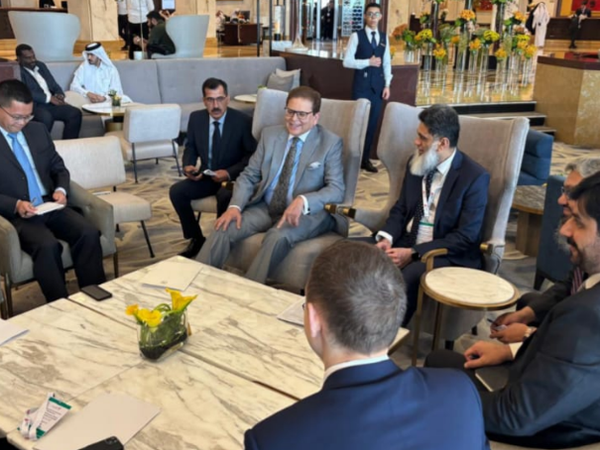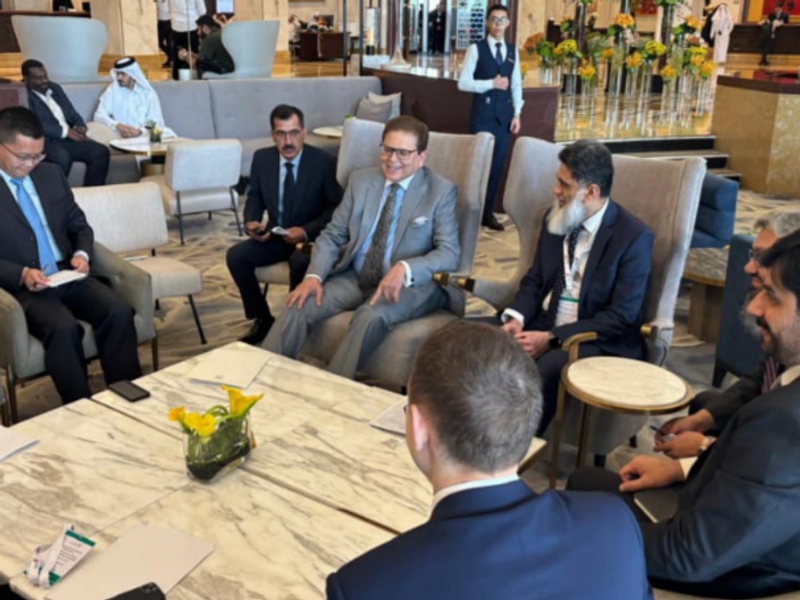The third round of the Doha Working Group meetings began Monday in the Qatari capital, with representatives of the Taliban and several foreign diplomats in attendance. The two-day event focuses on counter-narcotics efforts and private sector development in Afghanistan.
The Taliban delegation comprises seven officials from the Ministries of Public Health, Interior, Foreign Affairs and Agriculture. The meetings are part of the broader UN-led Doha Process, which seeks to facilitate dialogue and regional cooperation on Afghan affairs.
Mohammad Sadiq, Pakistan’s special envoy for Afghanistan, also confirmed his participation in what he described as an “important informal discussion” held on the sidelines of the meeting. In a message posted on social media, he said the dialogue involved special representatives and ambassadors from Pakistan, China and Russia, reflecting what he called a shared commitment to regional stability and cooperation.
Despite these developments, some analysts have questioned the political significance of the gathering. Ahmad Saeedi, a political commentator, said the low-level representation from the Taliban and the absence of senior diplomats from major powers had undermined the credibility of the talks.
“This meeting appears to be more of a low-profile event than a meaningful platform capable of bringing about change in Afghanistan,” Saeedi said.
Observers note that while Afghanistan continues to face escalating humanitarian, economic and human rights crises, the Doha meeting has so far failed to meet international or domestic expectations. Critics point to the lack of a clear framework for political dialogue and the narrow focus on technical issues as key shortcomings.
The Doha Process, launched following the Taliban’s return to power in 2021, has aimed to provide a space for international engagement on Afghanistan. However, the absence of inclusive political discourse and limited engagement with Afghan civil society have led some to question its long-term effectiveness.

